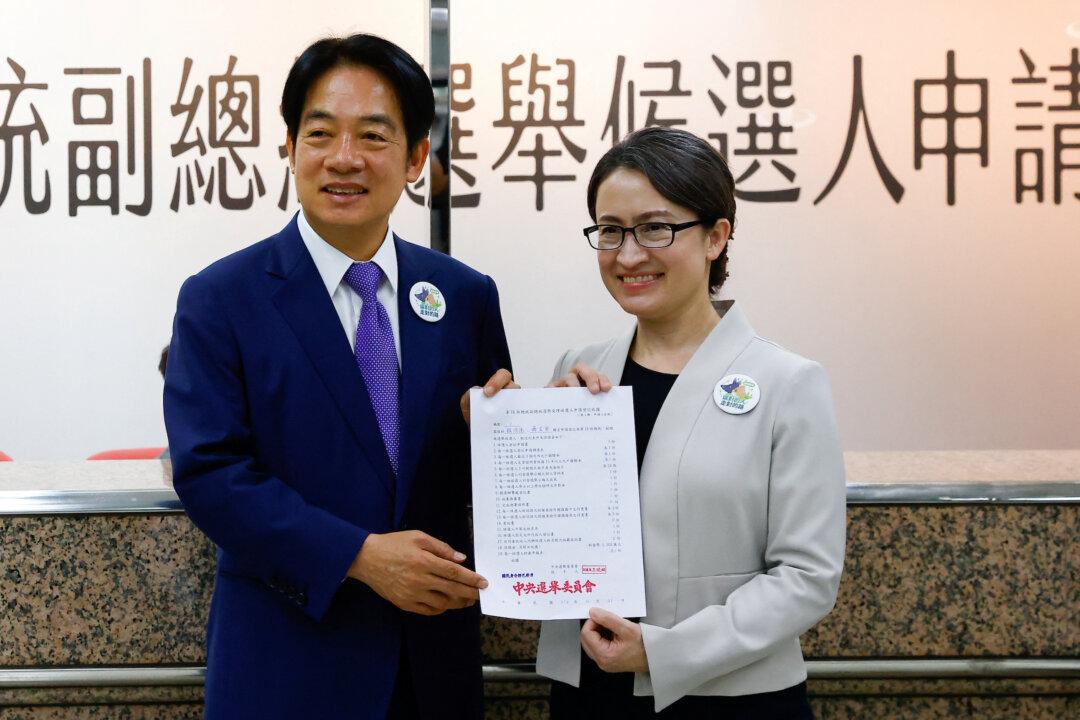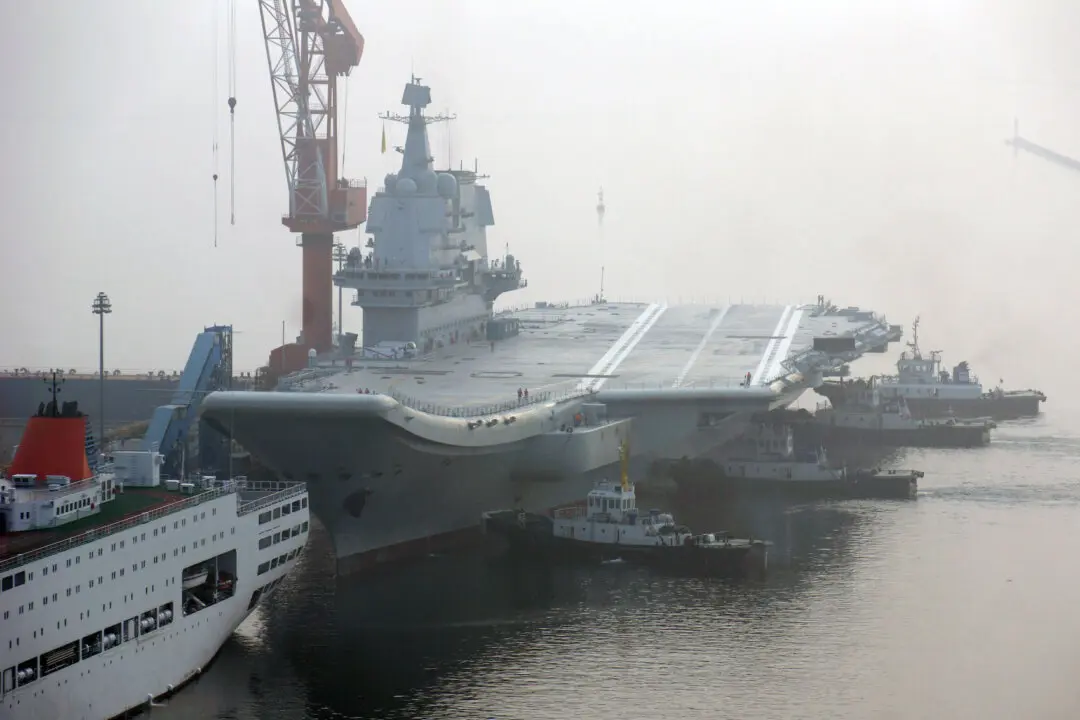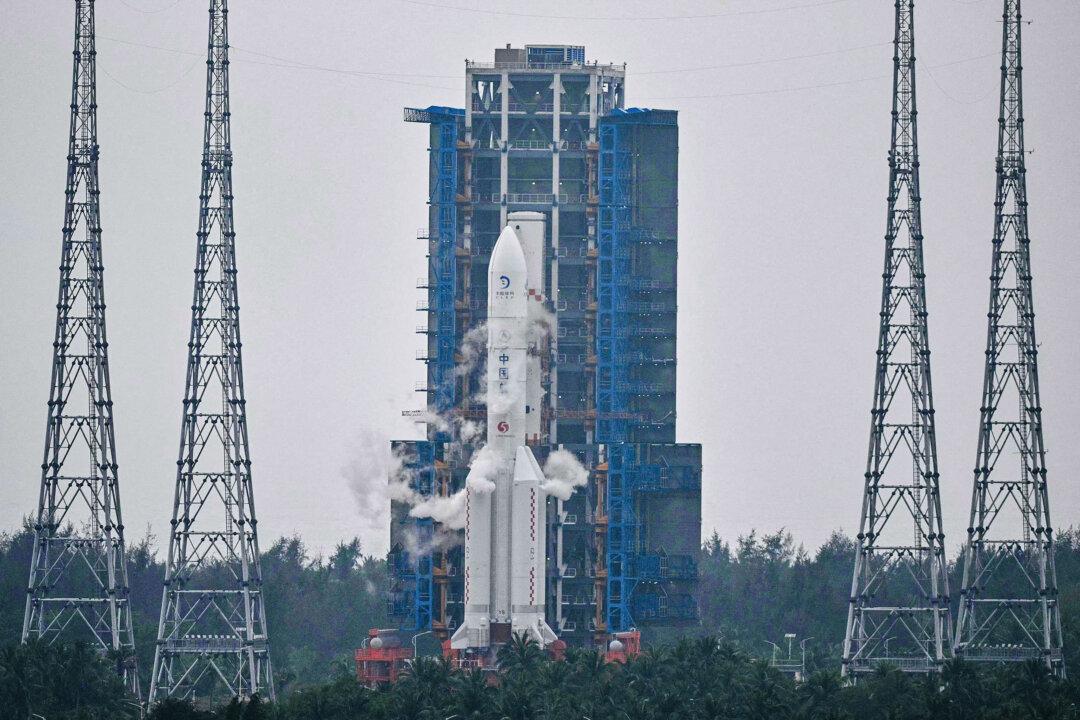Commentary
The Chinese Communist Party (CCP) would prefer for the Taiwan People’s Party (TPP) or Kuomintang (KMT) to win the upcoming Taiwan elections, scheduled for Jan. 13. Still, the incumbent Democratic Progressive Party (DPP) is expected to retain the presidency and maintain their policy of remaining independent of China while fostering close relations with the United States.





